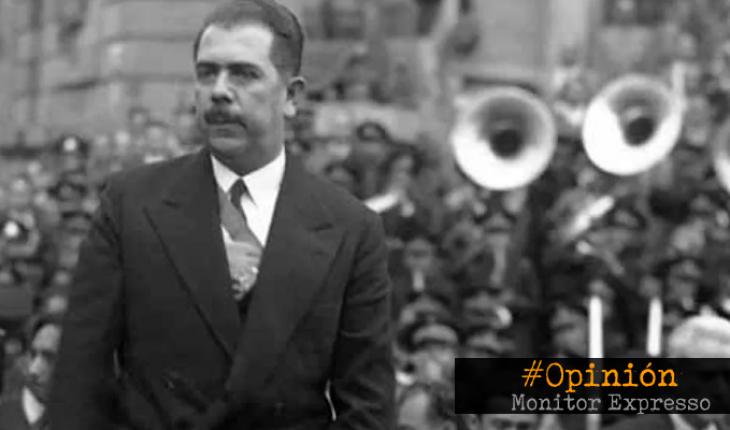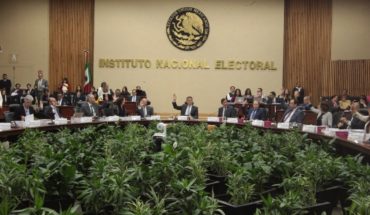May 21 marks the anniversary of the birthplace of Lázaro Cárdenas del Río, one of the most remembered and important historical figures in contemporary Mexico, so context is conducive to succinctly demystifying the figure of General Cardenas and better understanding the historical process known as cardenism.
Cardenism was made possible by at least two factors: the economic crisis and the increasing mobilization of the working masses, was the continuation of the international crisis of 1929, which allowed the creation of an ideal social environment for protests and social demonstrations, which ended up promoting and supporting a popular government like the one that led Cardenas.
In the 1930s of the twentieth century, in general peasantry was upset, for ten years of the revolution, there was still no massive agricultural distribution, in parallel, in the cities, the workers were also unhappy, during the early days of the Cardenist government, there were more than a thousand strikes, both peasants and workers threatened to radicalize their actions.
Lázaro Cárdenas del Rio was not a magnanimous and omnipotent reformer who eased the sorrows of the Mexican people, in contrast, nor was he a puppet politician who served only the interests of the class in power. Cardenas was a general who understood the historical context in which he lived and a great political operator, channeled the popular energies, which challenged with new revolts, let us remember that Cardenas had a reputation for being a moderate reformer as he had shown during his rule at the head of the state of Michoacán, seemed to be the ideal politician to face the censo of the worker and peasant struggle , in short, cardenism was a form of adaptation of the State in the face of a deep mobilization of masses.
In short, during the 6 years of the Cardenist government (1934-1940) there were significant changes and transformations in various areas of national life, economically: the consolidation of the national bourgeoisie, the expropriation of oil and the fight against foreign monopolies, politically: the co-optation of trade unions, the expulsion of Elias Calles and the lighting of a party in power , socially: agricultural distribution and trade union improvements, culturally: strengthening nationalism. In all this, mass mobilization played a fundamental role, however, in historical perspective, in the end there was a great winner, the State, which consolidated itself as an arbiter of social conflict and subsequently a totalitarian regime.
The peasant mobilization was the main support base of cardenism, in this context, land-sharing was the central element of agricultural action. He delivered 18,786,131 hectares. Part of agricultural policy was also increased public investment in the field, the channeling of credits, irrigation, among other things. The agricultural cast allowed the Cardenist government to gain great sympathy, support and peasant social base. Which gave him a big pillar of support for his government.
You may be interested: Mercedes Calderón does not rule out legal actions for gender-based violence
With regard to the labour movement, the Cardenist government supported many of the economic and trade union demands of the labour movement: the general implementation of the minimum wage, the compulsory weekly rest day paid, wage increases and respect for the right to strike and unionization. As a result, the labor movement, seeing the different collective improvements, decisively supported the government, making it the second pillar in the service of government policies.
In the historical future, social energy was finally attacked and channeled by the state, the peasant was subordinated through the National Peasant Confederation (CNC) and the labor movement was subdued by the Confederation of Workers of Mexico (CTM), the confederations laid the foundations for the vertical dominance of trade unions and popular organizations, however , the historical lesson and example offered by this period, is the constant mobilization of peasants, workers and workers for the transformation of the country, it was demonstrated as social pressure through great manifestations, strikes, rallies, blockades and stoppages contributes to the dialectical change of society.
The opinions expressed in the columns are the sole responsibility of those who subscribe to them and do not necessarily represent the thinking or editorial line of Monitor Expresso





